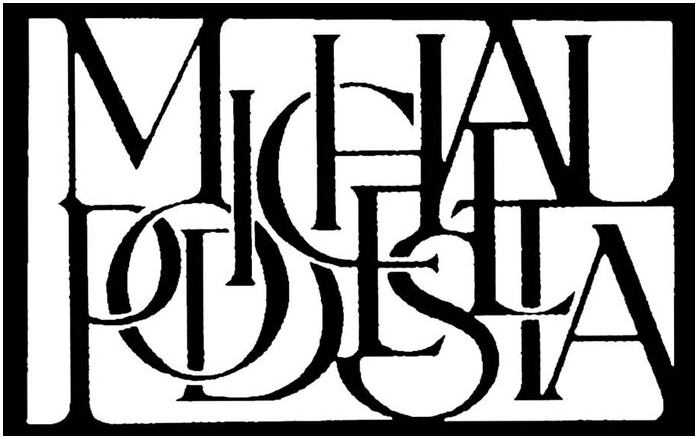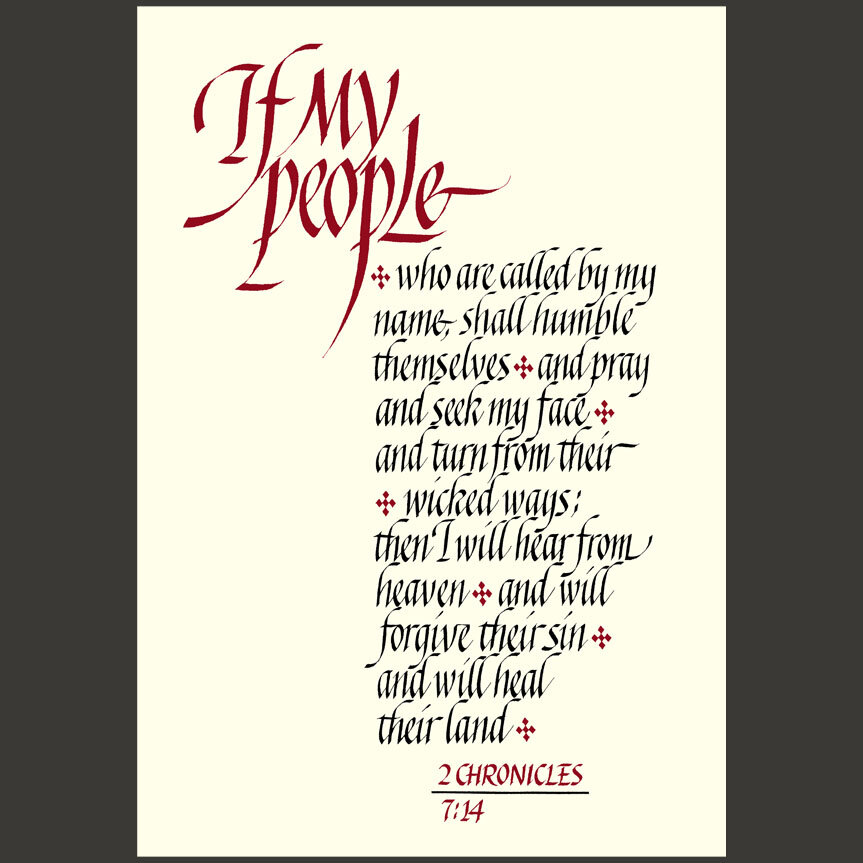“If My People”
“If my people who are called by my name, shall humble themselves and pray and seek my face and turn from their wicked ways; then I will hear from heaven and will forgive their sin and will heal their land.
2nd Chronicles chapter 7, verse 14
“If my people who are called by my name, shall humble themselves and pray and seek my face and turn from their wicked ways; then I will hear from heaven and will forgive their sin and will heal their land.
2nd Chronicles chapter 7, verse 14
“If my people who are called by my name, shall humble themselves and pray and seek my face and turn from their wicked ways; then I will hear from heaven and will forgive their sin and will heal their land.
2nd Chronicles chapter 7, verse 14
Behind the Art
For a few months in my early 20’s I worked for a diving company. I was a crew member on a small work boat in the San Francisco Bay. We had completed repairs on the propeller of a freighter and – with the water fairly choppy – were looking at about a two hour trip back to our home pier where the rest of our small fleet, three other boats and a couple of barges, was moored. Maintenance chores were ongoing and the oil in one of the compressors had been changed earlier in the day. A crew member passed me a five gallon bucket filled with the spent oil. “Take this up on deck and throw it overboard when you get a chance. Watch your step.” “I can’t do that.” I said. “Why not?” my companion asked,” It will just go away.” I took the oil back to the pier and dropped it off at a filling station on my way home that evening.
His words “It will just go away’ stuck in my mind. One doesn’t have to be a marine biologist to know he couldn’t have been more wrong.
We have grown rightly and understandably chary of using the word ‘sin’ in any circumstances, yet it seems to me the one that best describes the prospect of a sheet of filthy oil floating out into one of God’s great oceans, And, like the oil, sin never “just goes away.”
I was pondering this imagery as it applies to my own life, remembering the “bad steward” incidents when I failed to take the oil back to the filling station, all those wretched, deplorable thoughts and words and deeds that on recollection, of course just make me squirm.
In each situation there was always that first awful realization “Now look at what I have done (or said), and there is nothing I can do to change it.” Explanations, apologies, might have followed. Shame and remorse might have changed subsequent behavior. I do hope so. But the wrong, the sin itself, stubbornly wouldn’t go away. Like the oil, where would it go? Accountability remains. And this accountability has created a great impasse.
Even though my verse here is from the Old Testament, at the mention of sin and the forgiveness of sin, my thoughts jump ahead to the New. Here, once more, I try to understand the present day importance, for me, of the life and death of Jesus. I try to let the truth of it sink in.
I see Jesus stepping into the middle of that impasse I have caused, assuming my guilt. “Indeed, the wage of sin is death”, He says before the Throne of Judgment. “Accept my innocent and substitutionary death, then, as an atonement for Michael’s sin. I want you to forgive him for my sake,” He says to the Father. “To put it another way, I am wealthy and Michael is destitute. Accept my sacrifice as payment of his debts.” “And why are you doing this?” the Father might ask – albeit rhetorically. “Well,” Jesus answers, continuing with the economic model, “he really is essentially bankrupt, and nobody else has the resources to bail him out. But that doesn’t completely answer your question does it? The fact is, I love him, and therefore I want him to be free.”
—Michael

